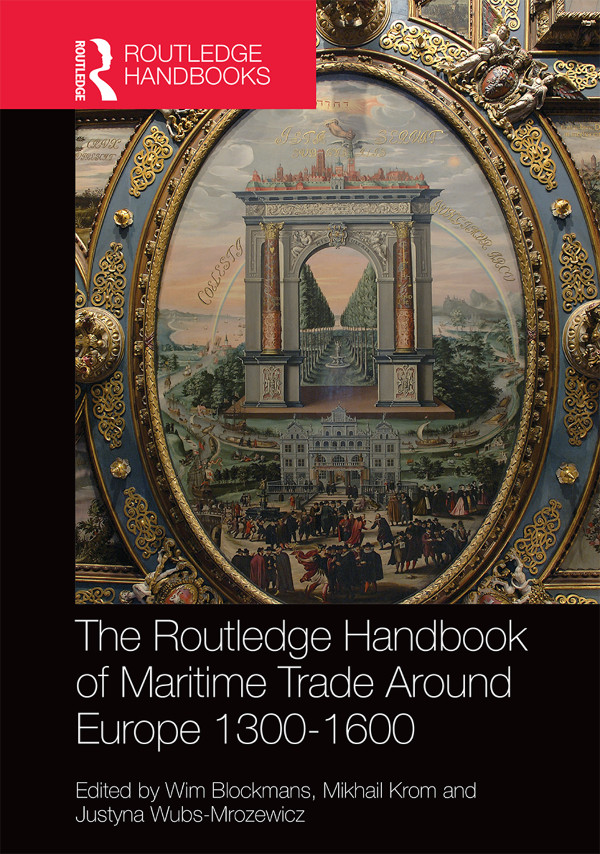

Most ebook files are in PDF format, so you can easily read them using various software such as Foxit Reader or directly on the Google Chrome browser.
Some ebook files are released by publishers in other formats such as .awz, .mobi, .epub, .fb2, etc. You may need to install specific software to read these formats on mobile/PC, such as Calibre.
Please read the tutorial at this link: https://ebookbell.com/faq
We offer FREE conversion to the popular formats you request; however, this may take some time. Therefore, right after payment, please email us, and we will try to provide the service as quickly as possible.
For some exceptional file formats or broken links (if any), please refrain from opening any disputes. Instead, email us first, and we will try to assist within a maximum of 6 hours.
EbookBell Team

5.0
38 reviewsThe collection takes as its central question how shippers and merchants were able to connect regional and interregional trade circuits around and beyond Europe in the late medieval period. It is divided into four parts, with chapters in Part I looking across broad themes such as ships and sailing routes, maritime law, financial linkages and linguistic exchanges. In the following parts - divided into the Mediterranean, the Baltic Sea, and the Atlantic and North Seas - contributors present case studies addressing themes including conflict resolution, relations between different types of main ports and their hinterland, the local institutional arrangements supporting maritime trade, and the advantages and challenges of locations around the continent. The volume concludes with a summary that points to the extraterritorial character of trading systems during this fascinating period of expansion.
Drawing together an international team of contributors, The Routledge Handbook of Maritime Trade around Europe is a vital contribution to the study of maritime history and the history of trade. It is essential reading for students and scholars in these fields.
Louis Sicking, together with Arno Neele contributes to the volume with '"The goodlyest Haven not of the Lowe Countries only but of all Christendome". The Scheldt Estuary as a Gateway System 1300-1600’.
Justyna Wubs-Mrozewicz worked on a VENI project at the Institute for History of Leiden University until last year.